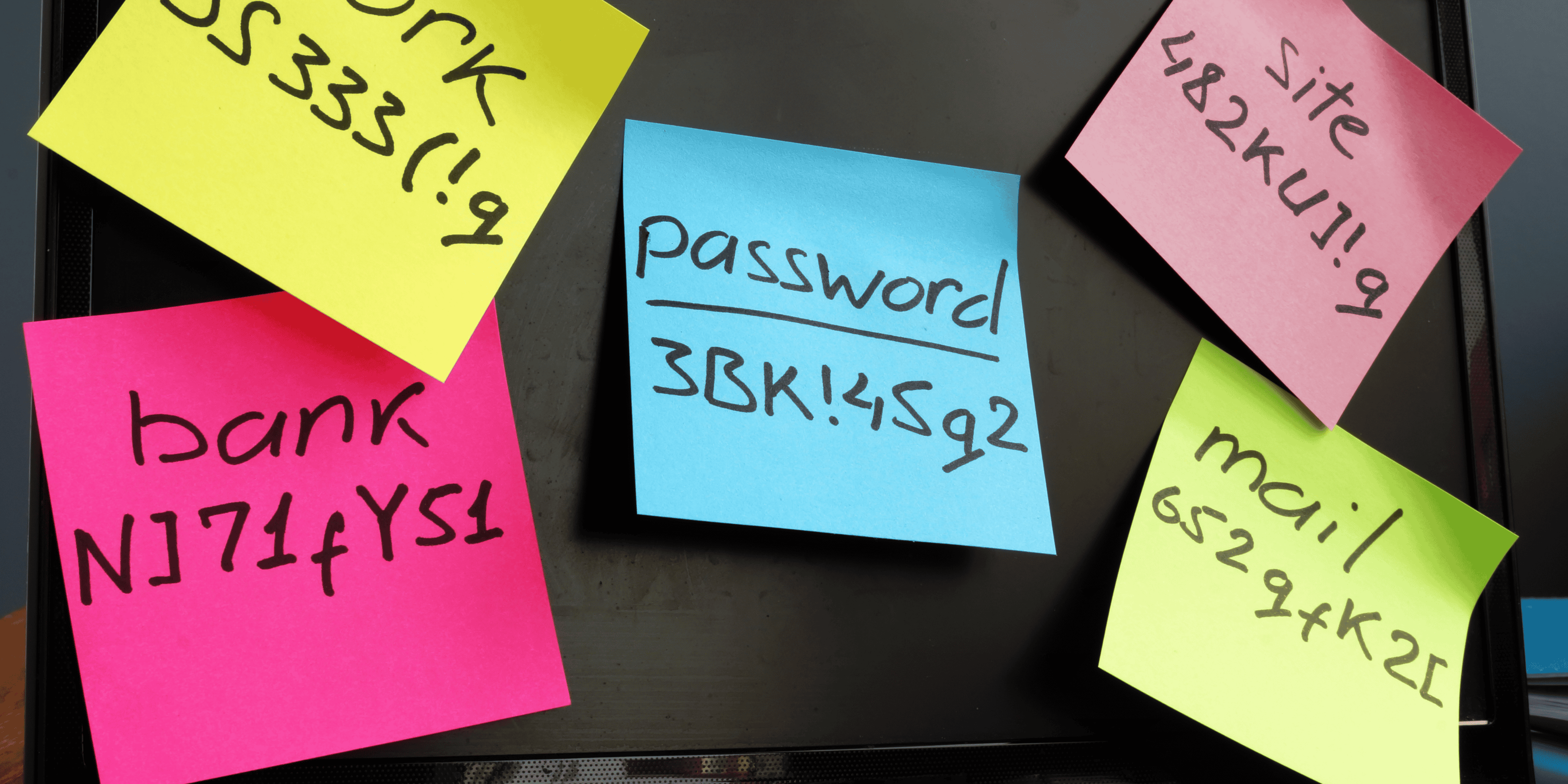Let’s be honest, remembering passwords is a pain. With so many accounts to manage, it’s tempting to reuse the same password or pick something easy like “123456.” But here’s the thing: weak passwords are one of the biggest security risks online today.
Why Strong Passwords Matter
Think of your password in the same way you would think of securing the front door to your home and your home security:
- You could just have a handle with a latch, it will close and stay shut, but anyone that cares to try to open it, could gain access with relative ease (similar to a password of ‘password’, ‘qwerty’, ‘123456’, ‘Monday’ etc)
- You could have a key chain, but when applying a small amount of force, access is possible (like the name of a child, the brand of car you drive or something that can be found easily in a dictionary)
- You could have mortice lock and additional lock, but the window next to the door is wide open (complex password that’s been exposed through a data breach)
🔎Here are some eye-opening stats:
In 2025 alone, 16 billion passwords were leaked in one of the largest data breaches ever.
A staggering 94% of passwords are reused across multiple accounts.
The infamous “123456” is still the most-used password, with 4.5 million users and it can be cracked in under one second.
Weak passwords are responsible for 30% of global data breaches and 81% of company breaches.
What Makes a Password Strong?
A strong password is:
Long – at least 12–16 characters.
Complex – a mix of uppercase, lowercase, numbers, and symbols.
Unique – never reused across accounts.
Unpredictable – no names, birthdays, or common words.
Examples of Strong Passwords
Here are a few examples to inspire you:
- Br!ght&SunnyD@ys24
- MysT3r!ous#C@stle9
- ^Dr@g0n$&M@g1c^!
- Blue$Sky7!Green*Tree9 (a memorable passphrase)
Avoid passwords like:
- 123456
- password
- qwerty
- admin
These are among the top 10 most common and weakest passwords.
💡Tips for Creating Strong Passwords
Use a passphrase: Combine 4–5 random words like PurpleHatRunBayLifting.
Add complexity: Mix in numbers and symbols: Purpl3H@tRun!BayL1fting.
Use a password manager: Tools like LastPass, Dashlane, or even built-in browser managers can generate and store strong passwords for you3.
Don’t reuse passwords: If one account gets hacked, reused passwords can give attackers access to everything.
Update regularly: Change passwords every few months, especially for sensitive accounts.
💭Final Thoughts: Make It Hard for Hackers
Strong passwords are your first line of defence against identity theft, financial fraud, and data breaches. Yes, they take a bit more effort, but the peace of mind is worth it.
If you’re still using “password123,” now’s the time to upgrade. Start with your email, banking, and social media accounts. And if remembering them feels impossible, let a password manager do the heavy lifting.
Learn more about cyber security – Cyber Security| Frontline Cyber Security | Frontline IT




